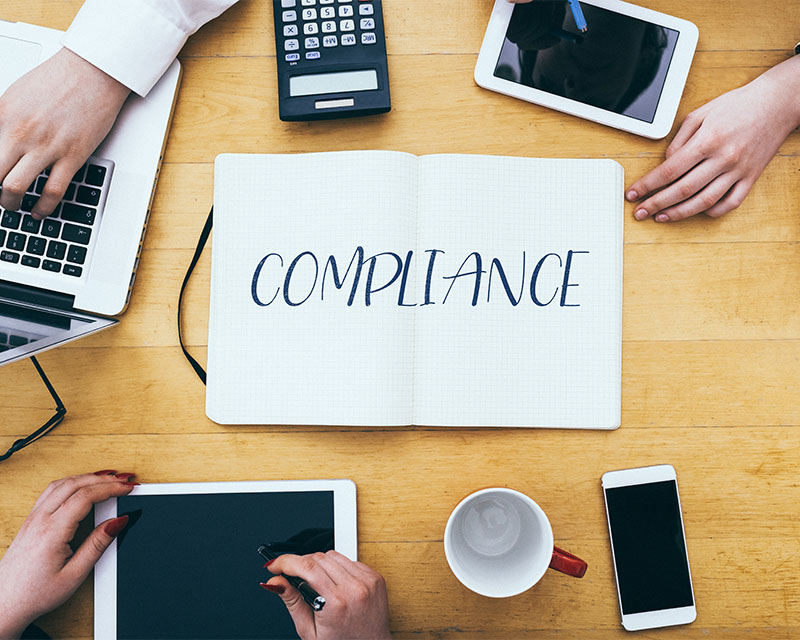ESG - Green Certificate
Our mission consist in sustainable development through innovation and the adoption of responsible business practices.
Mobilising Finance to Accelerate Climate Action
Wecom is a company dedicated to providing services and solutions in the energy and environmental sector. Its mission is to promote sustainable development through innovation and the adoption of responsible business practices. In line with this vision, Wecom has embraced the ESG (Environmental, Social, and Governance) program and has obtained the Green Certificate, demonstrating its commitment to environmental sustainability. In this text, we will explore how Wecom is sensitive to the ESG program and how the Green Certificate reflects its commitment to sustainability.
ESG: The Foundation of Wecom's Sustainability Program
The ESG program is a strategic approach that evaluates a company’s behavior in three fundamental dimensions: the environment, social aspects, and corporate governance. Wecom recognizes that these three dimensions are closely interconnected and that the long-term success of the company depends on the responsible management of each of them.
-
Environment: Wecom is committed to reducing the environmental impact of its activities. This includes promoting energy efficiency, sustainable resource management, and reducing greenhouse gas emissions. The Green Certificate attests to the adoption of eco-friendly practices and the commitment to preserving the environment for future generations.
-
Social Aspects: Wecom acknowledges the importance of relationships with employees, customers, local communities, and other stakeholders. The company promotes diversity, inclusion, and workplace safety. Furthermore, it contributes to the well-being of the communities where it operates through social initiatives and corporate social responsibility programs.
-
Corporate Governance: Strong governance is essential to ensuring transparency, integrity, and accountability in business operations. Wecom adopts rigorous corporate governance practices, ensuring responsible management and proper resource allocation.



Wecom's Green Certificate: Symbol of Commitment to Sustainability
The Green Certificate is a recognition that attests to Wecom’s adherence to sustainability standards. This certificate reflects the company’s commitment to operating responsibly and making a positive contribution to the environment and society. To obtain the Green Certificate, Wecom must demonstrate the achievement of specific goals related to the ESG dimensions.

In the UAE, the new law on the legal regime for carbon credits came into force in December 28, 2024. The UAE Cabinet issued Resolution No. 67 of 2024, which established the new national registry for all entities with relevant emissions, i.e. producers that emit 0.5 million metric tons of CO2 directly or indirectly from other sources.
The resolution provides a grace period, but companies must comply by 28 June 2025. The Resolution demonstrates a strong commitment to achieving the UAE Green Agenda 2030 and develops the new credit system based on emission reduction. The Resolution applies to both the public and private sectors and is mandatory for the companies that emit more than 0.5 million tonnes of CO2; voluntary for companies below this average. The latter could join the Voluntary Registry as Participating Entities. How to comply with the new system? A. By obtaining approval for the carbon credits issued b. By purchasing carbon credits on authorised platforms to offset the carbon footprint. A new reporting system will be put in place by all companies to comply with the requirements both for large CO2 emitters and to be ready for the next steps for other companies. It is likely that all SMEs will soon be asked to prepare the sustainability report by the banking system – (as a condition to get financed), as announced on 17 December 2024 by EFRAG (European Financial Reporting Advisory Group), which issued the new guidelines for VSMEs (Voluntary Small Medium Enterprises) not listed on any stock exchange.
Monitoring, reducing, reporting and offsetting are the new obligations that all companies must understand in order to comply with international practice in the sector. The detailed rules for the registry and the system as a whole have not yet been issued, but in the coming months the Department of Climate Change and Environment will clarify how the companies will operate.
